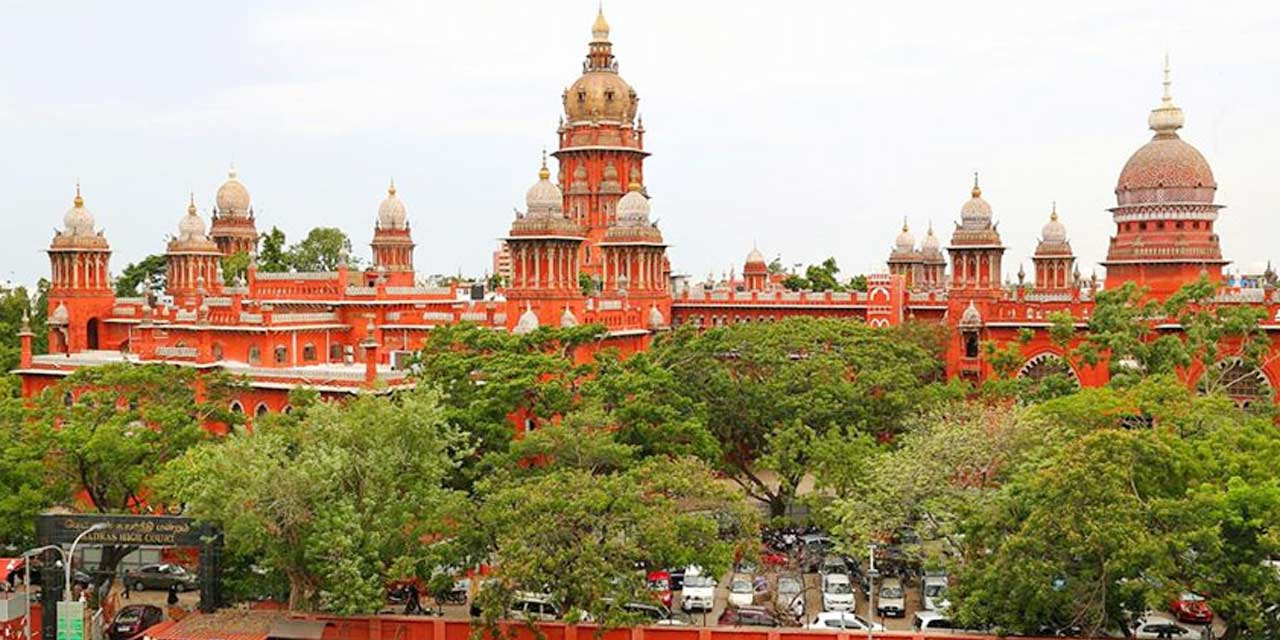Madras High Court Rules Aided Colleges Cannot Enforce Religious Participation Without Approval
Client Focus: Education Sector | Jurisdiction: Tamil Nadu
Published by: Grien Law Chamber – Best Advocates in Chennai | Chennai's Trusted Law Firm
Case Overview
In a landmark judgment, the Madras High Court ruled that aided educational institutions cannot compel students to participate in religious or communal events unless such activities are expressly approved by the Tamil Nadu Education Department. The decision reinforces the constitutional principle of secular education and the autonomy of students in state-supported institutions.
This case has significant implications for colleges and universities receiving government aid and touches upon student rights, secularism, and institutional accountability.
Background
- Institution Involved: An aided college in Tamil Nadu
- Issue Raised: Students were allegedly pressured to attend religious ceremonies/events during academic sessions.
- Petitioners: A group of affected students filed a writ petition under Article 226 of the Constitution seeking intervention.
- Respondent:College administration and Tamil Nadu Education Department.
Legal Questions Considered
- Can aided colleges force students to take part in religious activities?
- Is such enforcement in violation of the Right to Education and Freedom of Religion?
- What role does the Tamil Nadu Education Department play in authorizing such events?
Court’s Observation
The Hon’ble Justice D. Bharatha Chakravarthy held that:
- Aided institutions are publicly funded and must follow non-discriminatory, secular educational policies.
- Participation in religious activities, if not part of an approved curriculum, cannot be enforced.
- Students have the right to dissent from any non-educational or religious enforcement within academic premises.
Judgment Summary
The Court directed:
- Aided institutions must seek prior approval for any religious or cultural event from the Department of Education.
- Students should be clearly informed that participation is voluntary, not mandatory.
- Institutions violating this may face disciplinary action or funding withdrawal.
Legal Insight by Grien Law Chamber
At Grien Law Chamber, recognized among the best law firms in Chennai, we believe this judgment reinforces the constitutional values of secularism and student autonomy. Institutions must tread carefully while planning extracurricular activities, ensuring they do not impose personal beliefs on students under the pretext of cultural education.
Our expert education law advocates in Chennai advise both institutions and students on
Impact of the Judgment
- Sets a precedent for all aided colleges in Tamil Nadu.
- Strengthens student rights under Articles 25, 26 and 21A.
- Empowers students to raise legal concerns without fear of academic retaliation.
Conclusion
This case stands as a reminder that state-funded institutions must operate within the boundaries of constitutional and regulatory frameworks. Institutions must prioritize inclusiveness, secularism, and student welfare at every level
Grien Law Chamber continues to assist clients across education, public policy, and civil rights sectors, delivering reliable legal solutions with integrity and expertise.
Need Legal Guidance?
If you're a student, parent, or institution navigating such issues, contact our team of top education law advocates in Chennai for a confidential consultation.
Need Legal Guidance?
If you're a student, parent, or institution navigating such issues, contact our team of top education law advocates in Chennai for a confidential consultation.
Legal Disclaimer
This case study is published for informational and educational purposes only and does not constitute legal advice or advertising. Grien Law Chamber does not intend to solicit or advertise through this content. For specific legal guidance, please consult a qualified advocate.

